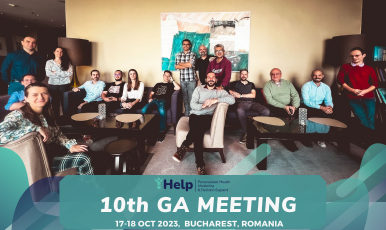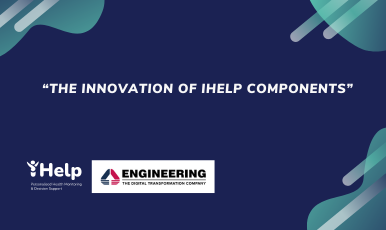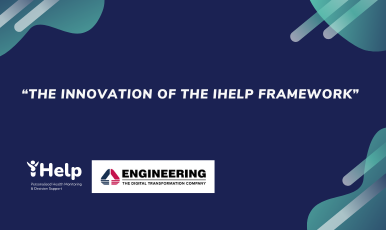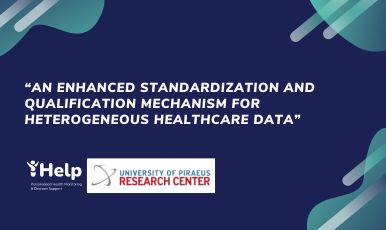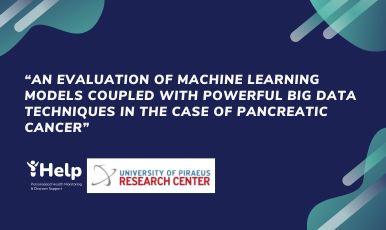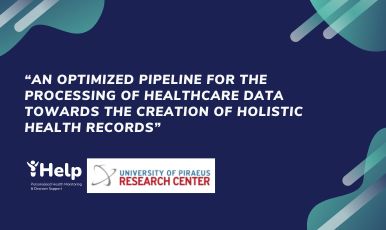
The 10th General Assembly (GA) meeting of the iHelp project was conducted during previous October (17-18/10/2023) in the beautiful city of Bucharest, Romania, thanks to the efforts and great organization from SIE partner. This meeting is highlighted as a crucial milestone in the ongoing implementation of the iHelp project as it introduced several software prototypes and set the roadmap for the further exploitation of its innovative items.
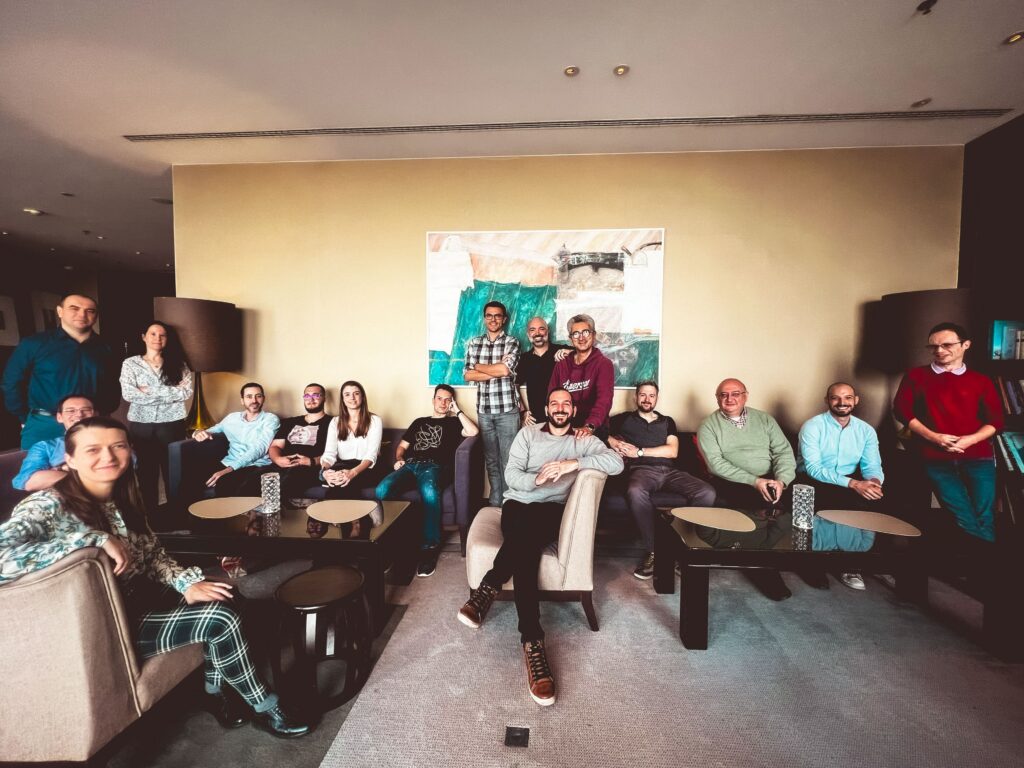
The project, dedicated to implementing an integrated AI-based platform for the early identification, prevention, and monitoring of pancreatic cancer, showcased its innovative tools through parallel workshops and demonstrations. The Decision Support System (DSS), the Monitoring and Alerting System, the Explainable Dashboard Hub (EDH), and the Virtual Coach tools played a leading role during the presentations and demonstrations, offering a glimpse into the potential future of pancreatic cancer care. Their overall impact, usability, and added-value in the modern healthcare care were demonstrated in the context of real-world scenarios presented by the pilots and healthcare professionals of the project.
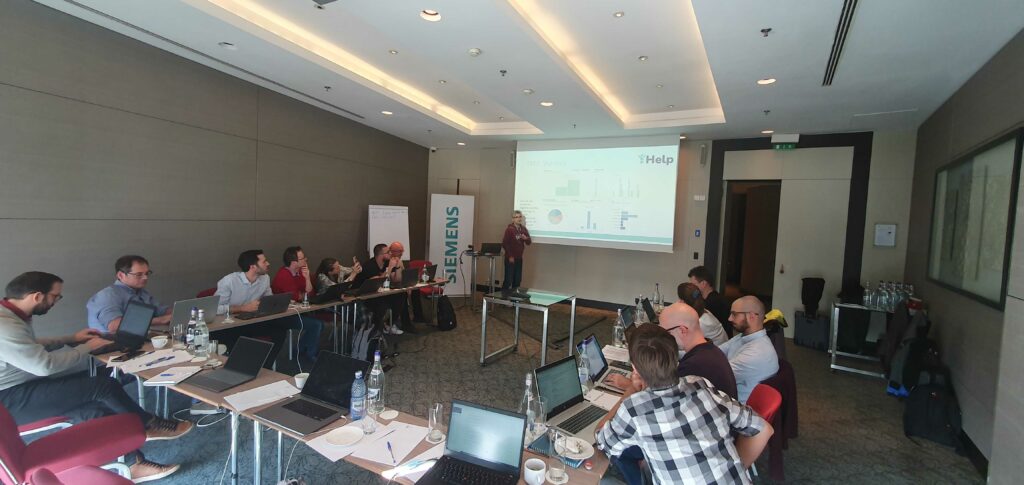
In the Decision Support System (DSS) workshop, partners verified the platform’s ability to empower the healthcare professionals in their everyday activities, as well as to improve their knowledge through the visualization of individuals integrated primary and secondary data. The DSS, powered by AI algorithms, demonstrated its proficiency in near real-time data analysis for early cancer risk identification. Its potential to provide valuable insights for personalized patient care concentrated partners attention, positioning it as a critical innovation and exploitable tool of the project. Coupled with its integration with the Explainable Dashboard Hub (EDH) it also offers enhanced explainability and interpretability on the results and outcomes derived from the execution of advanced AI models. The latter positions the integrated DSS iHelp platform as a trusted and user-friendly system that can be offered in the healthcare community and fosters its future exploitation.
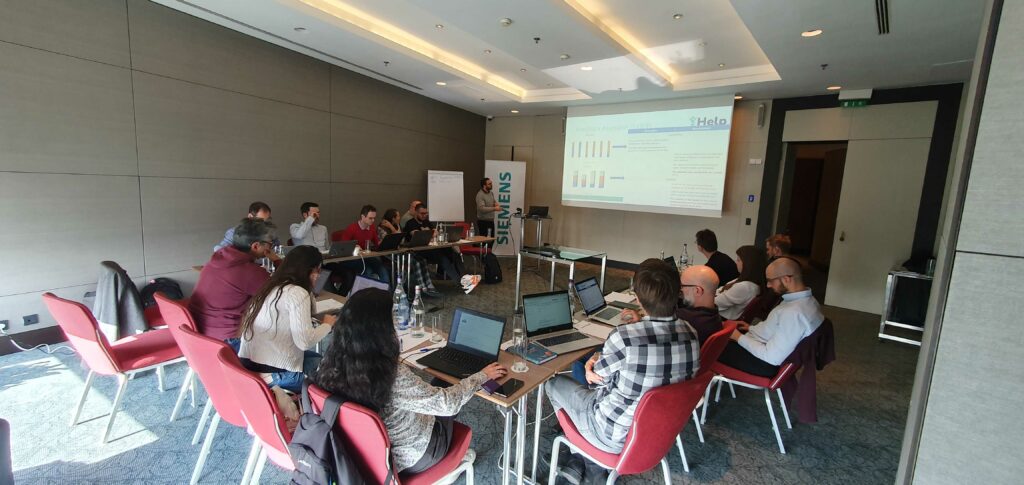
In addition, the DSS is integrated with the Monitoring and Alerting System that supports healthcare professionals in the crucial aspect of continuous monitoring and follow-up of their patients. Utilizing AI to analyze patient primary and secondary data, the system showcased its capability to detect changes in the lifestyle behaviors and habits of the patients and issue timely alerts based on specific rules and targets that can be set by the healthcare professionals. The enthusiasm surrounding this tool stems from its potential to enhance preventive measures, potentially shifting the paradigm from late-stage diagnoses to proactive intervention.
Finally, the Virtual Coach is another innovative tool of the iHelp platform and showcases its integration with mobile applications that can be used by the patients themselves, offering a near real-time communication and interaction between patients and healthcare professionals. The latter is further supported through the integration of this tool with the project’s Monitoring and Alerting System based on which dedicated messages are triggered based on the goals that have been set by the healthcare professionals. The utilization of this tool empowers citizens with valuable knowledge and tips with the goal to take an active role in their own health management by also enhancing their digital and health literacy. Partners highlighted its potential to encourage healthier lifestyles and adherence to preventive measures, marking a significant step toward personalized, empowering healthcare experiences.
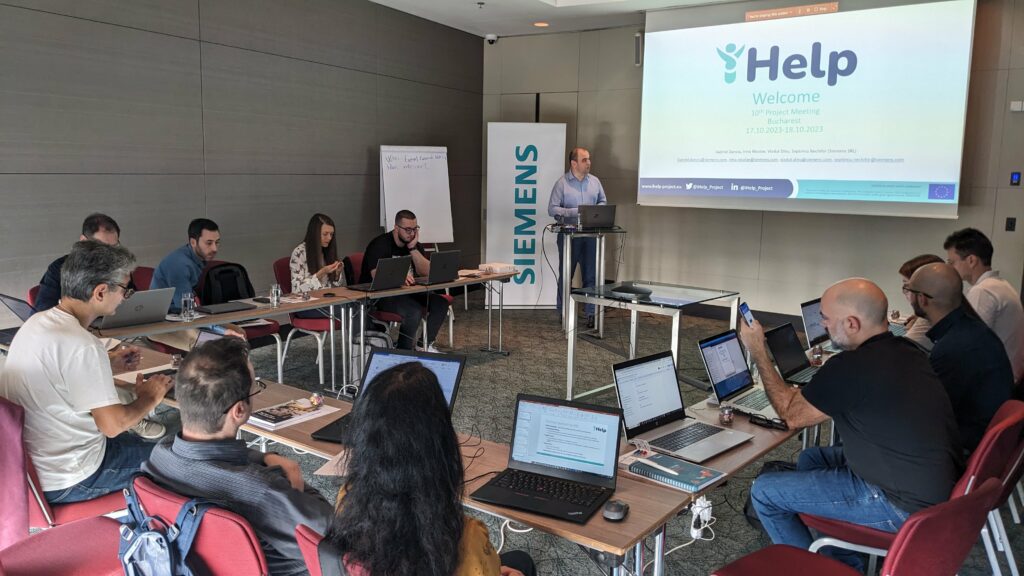
As final outcomes from this GA meeting, the project outlined key directions for the future. These include the continuous refinement of AI algorithms to improve the accuracy of the DSS, fostering stronger collaborations with healthcare providers, integrating user feedback for an optimized experience, and ensuring global outreach and accessibility. The collaborative efforts showcased during the GA meeting are set to shape the iHelp project’s added-value in the healthcare domain, offering a promising holistic approach for the transformation of pancreatic cancer care through innovative AI solutions.

